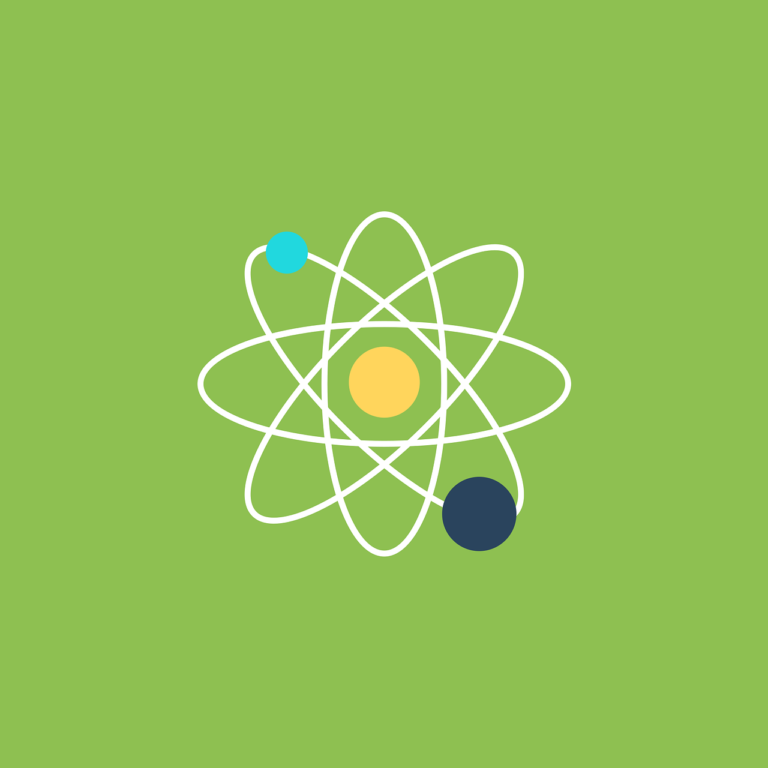Every energy company and municipal or national government is trying to solve the same problems of sustainability, microgrid availability, and powering remote or troubled areas, and all of these problems could have the same solution: micro-Small Modular Reactors (µSMR), or micro-nuclear.
NANO Nuclear Energy is an up-and-coming company that says they could be within a decade of commercially offering these µSMRs, and see them as powerfully transformative across almost any nation or industry, but especially in the areas of sustainable power, microgrid and distribution, and supplying remote areas and in emergency situations and locations.
The company is deep into development of its Zeus and Odin micro-reactors, which are being designed to fit into the footprint of a standard shipping container (or at most two). James Walker, CEO and Head of Nuclear Reactor Development, said that the two reactors under development are set to produce between 1 and 5 megawatts of sustainable energy, which will be cleaner, more reliable and more secure than almost any other available energy source.
“If people really care about zero-emissions and sustainability, nuclear has to be part of the discussion,” said Walker. Nuclear energy has historically had a bad public relations problem, but that needs to evolve if the world’s energy needs are going to be met. Luckily, people seem to be starting to reconsider nuclear power again.
Walker said the company hopes to have detailed designs by the end of this year, prototypes as early as 2025, and that the goal is to be shipping micro-nuclear reactors by the end of the decade.
To that end, the company is making moves and deals and hiring key personnel. This week, Nano announced that it has brought former US State Department Senior Advisor Mark Nichols onboard as Executive Advisor for Military, Defense and Policy.
“As an emerging technology company in the nuclear energy space, it is imperative that we cultivate healthy working relationships with key policy and thought leaders in our industry, notably in Washington D.C.,” said Jay Jiang Yu, NANO Nuclear’s Founder, Executive Chairman and President. “Mark is a strategic renewable energy leader and has spent his career developing relationships and expertise in Washington D.C. and will add tremendous value to our executive advisory board as we seek to further develop our products and bring them to market.”
Nichols has spent his entire career in European affairs, energy, infrastructure, commodities, emerging markets and national security. He was Senior Advisor at the State Department in the Office of the Assistant Secretary for Europe during the Clinton Administration and has also served in the U.S. Agency for International Development (USAID) and at Wesley K. Clark & Associates, where he represented clients in the energy and defense sectors.
“It is a pleasure to be involved with an exciting sustainable and clean technology energy venture like NANO Nuclear,” said Nichols. “There is an incredible amount of momentum in the industry right now, especially as the ADVANCE Act heads to the full Senate with widespread bipartisan support. The industry is ripe for innovation and NANO Nuclear’s senior leadership team has impressed me with their dedication, execution of milestones, and future roadmap. I look forward to working closely with them.”
According to Nano, the US has accelerated its plans for µSMR in recent years, and the company is very much intending to get in first. Right now, Congress is looking at the “Accelerating Deployment of Versatile, Advanced Nuclear for Clean Energy (ADVANCE) Act” of 2023, a bipartisan bill that treats nuclear energy as a national security priority and sets out policies to deploy the tech. The legislation would empower the U.S. Nuclear Regulatory Commission to develop regulations for advanced nuclear reactors and establish an initiative to enhance preparedness to qualify and license advanced nuclear fuels. It would also seek to establish policies to enable the continued operation of current reactors and give certainty for capital investments in building new reactors, modernize outdated rules that restrict international investment and reduce the cost to license advanced nuclear reactor technologies.
In addition, the US Department of Defense, Air Force, Army Corps of Engineers and several other agencies are researching, developing and working toward portable micro-nuclear reactors. Nano said it hopes to be the first to market to supply these agencies (and others) with working technology.
“The most important thing we want to do is be the first in the microreactor space,” said Walker. “As the U.S. government moves firmly ahead towards encouraging the development of promising new nuclear energy solutions, a strong relationship with policymakers is crucial for our plans to further develop our products, ultimately drive sales and help ensure that NANO Nuclear continues to be a streamlined and efficient player in the marketplace. Mark’s connections and experience will be vital to us in this regard.”
We’ll be keeping an eye on this micro-nuclear trend as it develops, so don’t miss it.
Read the full article here








